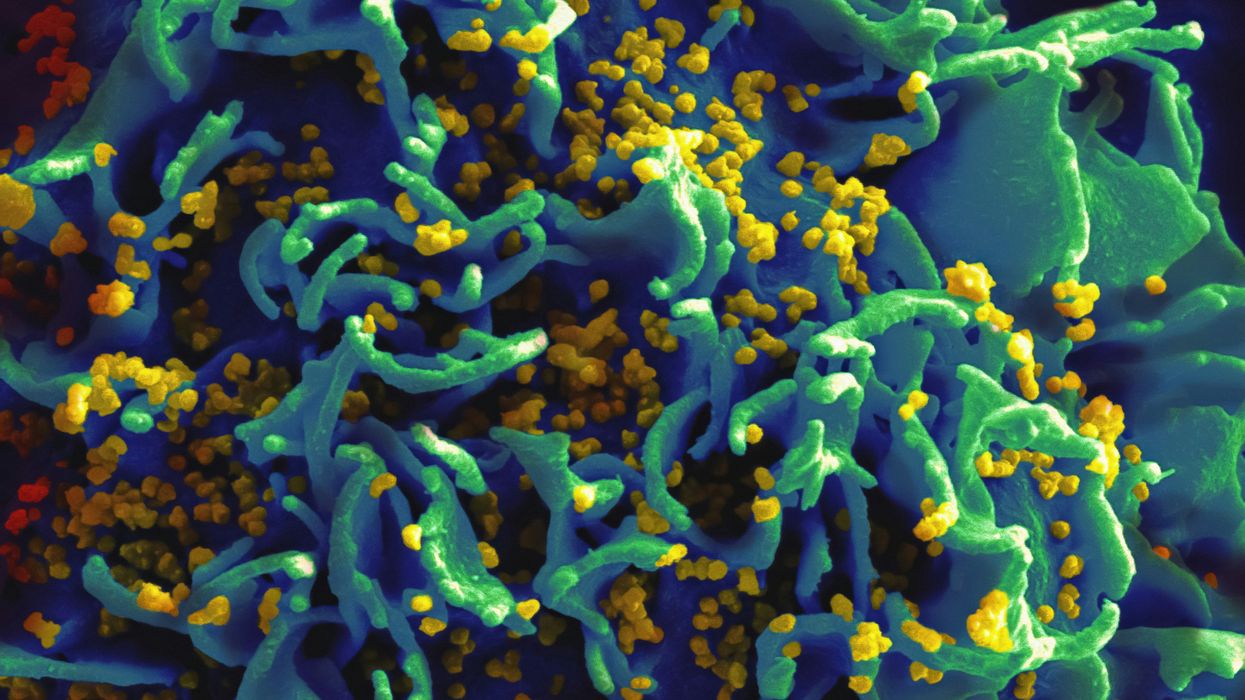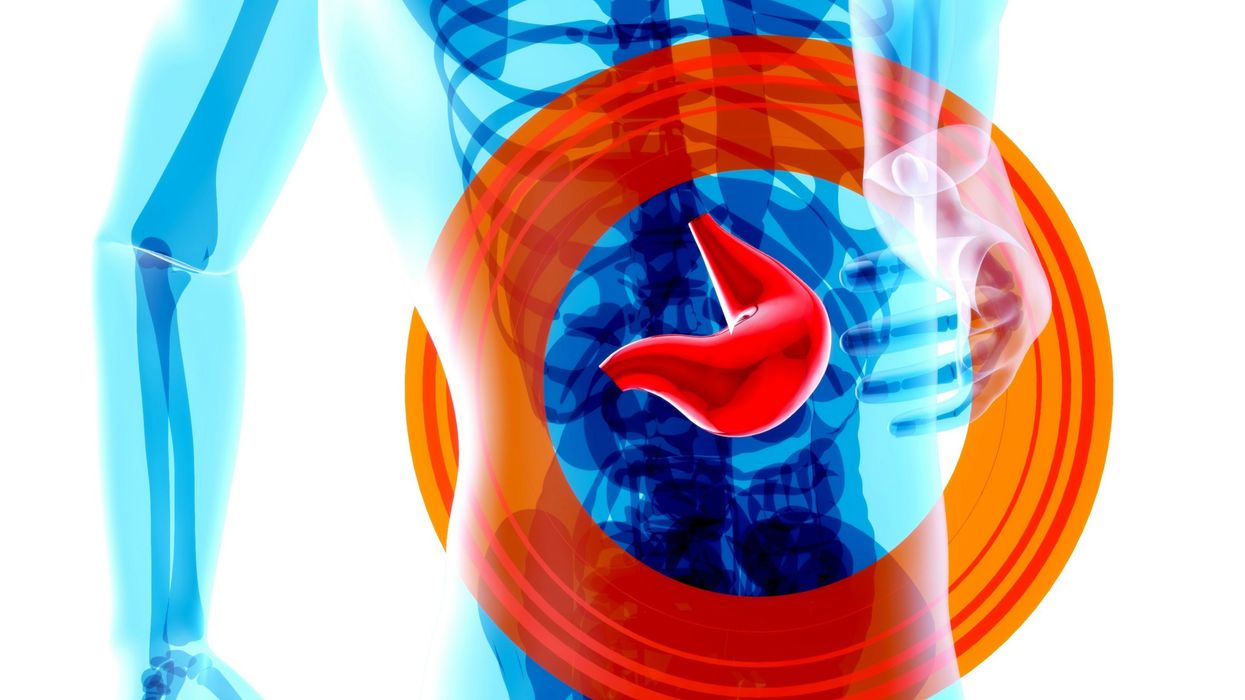As a family physician and wellness advocate, I often encounter questions about whether “male menopause” is a real phenomenon. While aging related hormone changes in men are a reality, they differ significantly from the changes women experience during menopause. Let’s unpack the facts, debunk myths, and explore the signs, symptoms, and treatment options for age related hormonal changes in men.
Hormonal Changes: A Natural Part of Aging
Hormonal changes are inevitable as we age, but they manifest differently in men and women. Women experience a sharp decline in reproductive hormones over a short period, which results in drastic symptoms for many women. Men, on the other hand, experience a gradual decline in testosterone and other hormones over many years, even decades. This process is often referred to as late onset hypogonadism or age-related low testosterone, rather than "male menopause." Because testosterone is referred to as an androgen, another common term for the decrease in male reproductive hormones is “andropause.”
Understanding Low Testosterone Levels
On average, a man’s testosterone levels decrease by about 1% per year starting around age 40. Despite this decline, most older men maintain testosterone levels within the normal range, with only an estimated 10% to 25% experiencing levels that are considered low. Low testosterone often goes unnoticed because symptoms can be subtle or overlap with other symptoms that are considered normal signs of aging. A blood test is required to confirm low testosterone, but these tests aren’t routinely performed unless specific symptoms are present.
Some signs and symptoms that might indicate low testosterone include:
● Reduced sexual desire and activity
● Erectile dysfunction or decreased spontaneous erections
● Breast tenderness or swelling
● Infertility
● Loss of height, fractures, or low bone density
● Hot flashes or sweating episodes (yes men can experience hot flashes)
Other potential indicators include fatigue, low motivation, depression, poor concentration, increased sleepiness, disturbed sleep, mild anemia, reduced muscle mass and strength, and increased body fat.
Diagnosing Low Testosterone
Testing for low testosterone is recommended only for men displaying relevant signs or symptoms. However in my practice I follow testosterone levels, measuring every few years so that trends can be monitered. If a blood test indicates low levels, the test should be repeated to confirm the results. Additional evaluation of the pituitary gland is often necessary to identify underlying causes and rule out other hormone deficiencies, such as thyroid hormones.
Treatment Options for Low Testosterone
Recommendations for testosterone therapy vary among medical organizations:
● American College of Physicians (ACP): In 2020, the ACP suggested considering testosterone therapy for men with sexual dysfunction seeking improved sexual function, after discussing the risks and benefits.
● Endocrine Society: In 2018, it recommended testosterone therapy for men with confirmed low testosterone levels who also exhibit associated symptoms. Some experts advocate offering testosterone therapy even in the absence of symptoms, though this remains controversial.
Types of Testosterone Therapy:
Testosterone can be administered in several ways, including injections, patches, gels, or pellets implanted under the skin. Your physician will discuss the best method for you, set target hormone levels, and establish a follow-up plan.
Risks and Considerations
While testosterone therapy can alleviate symptoms for some men, it is not without risks. Potential complications include:
● Stimulation of abnormal prostate or breast cell growth
● Increased risk of exacerbation of cardiovascular disease, or blood clots
● Worsening of certain conditions such as obstructive sleep apnea or heart failure
Testosterone therapy is generally not recommended for men prioritizing fertility in the near future or those with a history of breast or prostate cancer, severe untreated sleep apnea, thrombophilia, or recent cardiovascular events.
Final Thoughts
If you suspect low testosterone, it’s important to consult your physician. Together, you can evaluate your symptoms, discuss testing, and discuss the benefits versus risk of treatment. Understanding age related hormonal changes in men can help you make informed decisions about your health and well-being.
References
1. American College of Physicians. (2020). Guidelines on testosterone therapy for age-related low testosterone. Annals of Internal Medicine.
2. Endocrine Society. (2018). Clinical Practice Guideline: Testosterone Therapy in Men with Hypogonadism. Journal of Clinical Endocrinology & Metabolism.
3. Snyder, P. J. (2020). Approach to older men with low testosterone. UpToDate.
4. Nieschlag, E., Behre, H. M. (2012). Testosterone therapy in the aging male. Best Practice ; Research Clinical Endocrinology; Metabolism.
5. Bhasin, S.,; Coviello, A. (2018). Testosterone in older men: To treat or not to treat? New England Journal of Medicine.









 Karla Mingo believes that her greatest gift as a cancer survivor is the ability to live with gratitude and thankfulness.
Karla Mingo believes that her greatest gift as a cancer survivor is the ability to live with gratitude and thankfulness.



